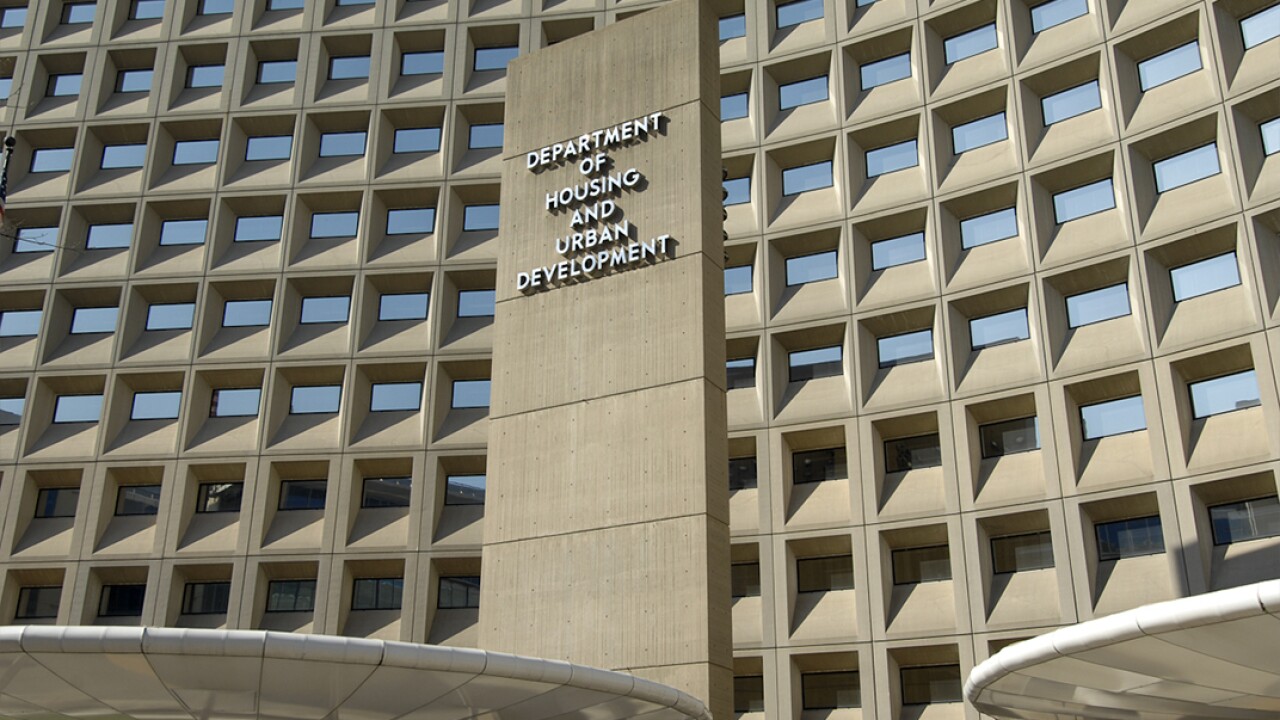
Eight years ago, as Barack Obama woke up the day after he was elected president of the United States, he faced housing and economic challenges of a magnitude not seen since the Great Depression. These included a raging foreclosure crisis and deepening recession, plummeting stock market, a contentious $700 billion Troubled Asset Relief Program bailout, and concerns about whether our major financial institutions could survive.
Today, the storm is over and the financial environment is very different. Facing no economic crisis, the new president has much more flexibility regarding the challenges surrounding housing policies that he might want to take on. How will he choose?
The national homeownership rate is at its lowest level in 50 years. Yet, despite recent decades of a bipartisan consensus in the overriding importance of homeownership, this announcement elicited almost no reaction, no calls to arms for new programs or a commitment to reverse this trend.
Instead, the new president faces different, more subtle challenges. Rents have skyrocketed in many communities and rental affordability for lower- and even moderate-income families and seniors has become a real concern. The government has some tools at its disposal — a newly implemented National Housing Trust Fund, pending affordable rental housing
A
Federal housing policy issues loom large. Remarkably, it's been more than eight years since the government took the GSEs into conservatorship, with no clear end in sight. It is not
Divisions also exist when looking at the Federal Housing Administration. Some believe that as a major source of mortgage loans for first-time homebuyers and minorities, particularly for otherwise qualified lower FICO score and low-down-payment borrowers,
Finally, the most contentious partisan issue going into the next administration and the next Congress likely is what will happen with the Consumer Financial Protection Bureau. The mortgage industry has been at a standoff for six years, with one side arguing that CFPB rules and supervision are stifling mortgage lending and other credit, and those on the other side strongly defending and resisting changes to the Dodd-Frank Act and the CFPB.
The
As Thanksgiving approaches, we can all give thanks we don't have the crises we faced the last time a new administration took office. But the preceding discussion shows that there is no lack of issues and choices with regard to housing policies. To be sure, there are a host of other domestic and other foreign policy challenges. So the real question is: where does housing rank on the list of priorities being drawn up as a new administration takes power? We will soon find out.
Scott Olson is Executive Director of the Community Home Lenders Association and former Democratic Housing Policy Director, House Financial Services Committee.





